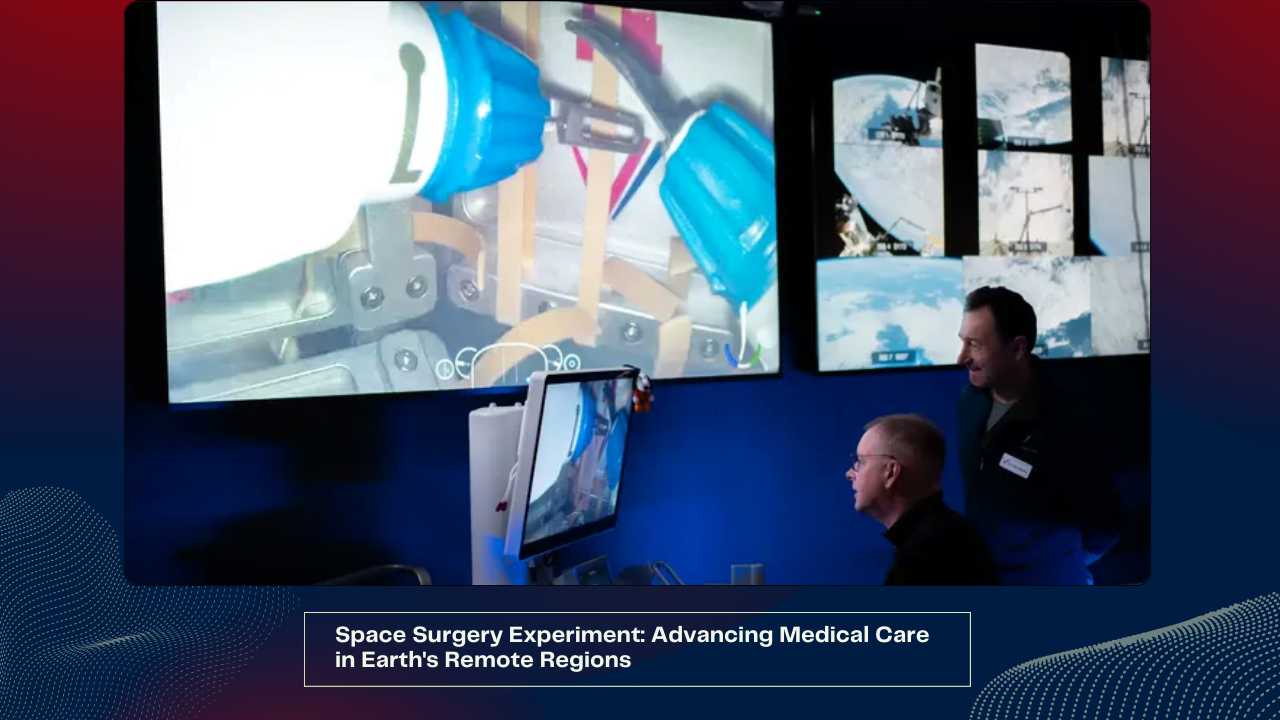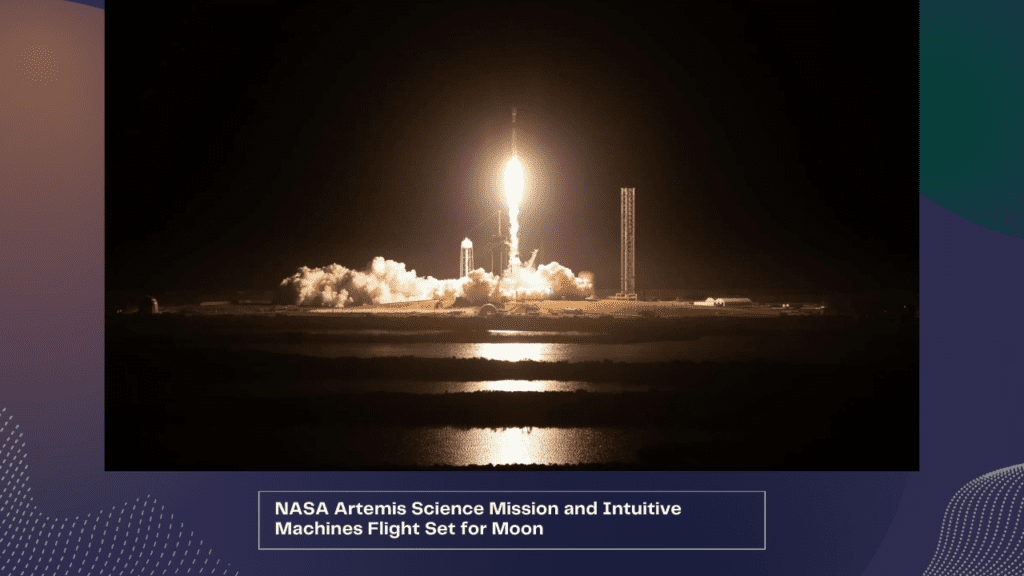
Space Surgery Experiment: Advancing Medical Care in Earth’s Remote Regions
In a groundbreaking venture, a tiny remote-controlled robot is poised to perform a surgical procedure aboard the International Space Station (ISS), potentially revolutionizing remote medical services and offering hope for isolated rural communities on Earth.
The Experiment:
Dubbed MIRA (miniaturized in vivo robotic assistant), the two-pound robot will emulate the actions of a surgeon under the remote guidance of medical professionals located over 250 miles away in Nebraska. Developed by Virtual Incision Corporation, this miniaturized robotic-assisted surgery (miniRAS) system aims to bring robotic-assisted surgery within reach of patients regardless of their geographical location.
Significance:
Shane Farritor, co-founder of Virtual Incision, envisions MIRA as a tool to eliminate barriers to surgical care, making robotic-assisted surgery accessible anywhere, anytime. By simulating surgical maneuvers with precision, MIRA demonstrates the potential to connect doctors with remote regions on Earth, ensuring access to quality surgical procedures.
Advancements in Space Medicine:
Medical procedures in space have been under exploration for years, with incremental progress witnessed over the past decade. Despite challenges posed by microgravity on human physiology, researchers have successfully executed various simulated medical procedures in space, including suturing, craniotomy, and laparoscopy.
Future Prospects:
As technology evolves, the prospect of leveraging satellite technology for communication holds promise in facilitating complex surgeries remotely. Elon Musk’s Starlink satellite network exemplifies this potential, aiming to bridge connectivity gaps and enable remote medical interventions globally.
Conclusion:
The forthcoming space surgery experiment not only advances the frontiers of medical science but also underscores the potential for remote medical care, transcending geographical boundaries. With continued innovation and collaboration, the vision of democratizing surgical care worldwide inches closer to reality, offering renewed hope for communities in Earth’s most remote regions.

